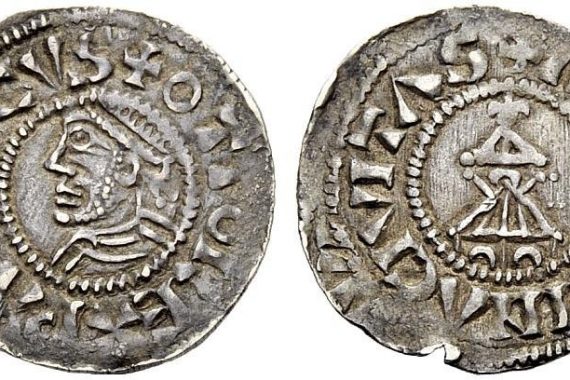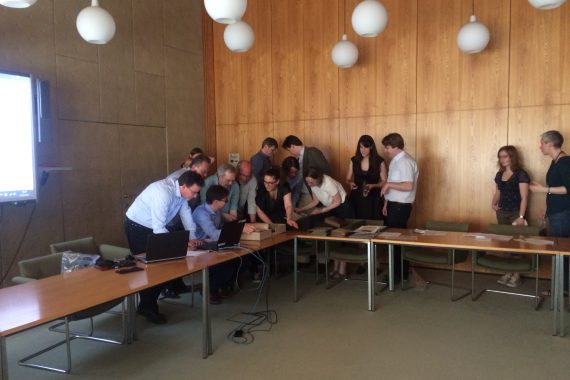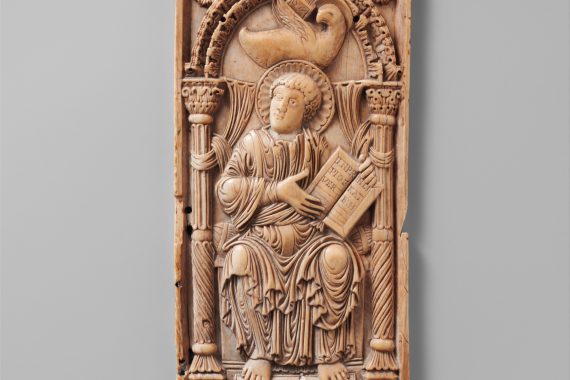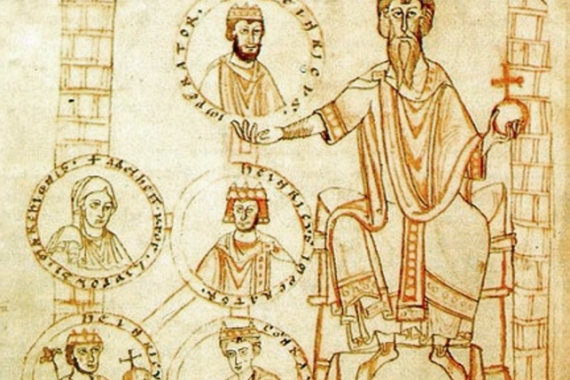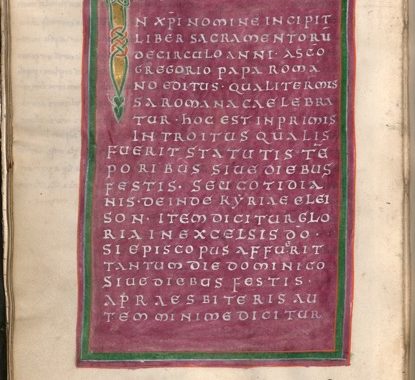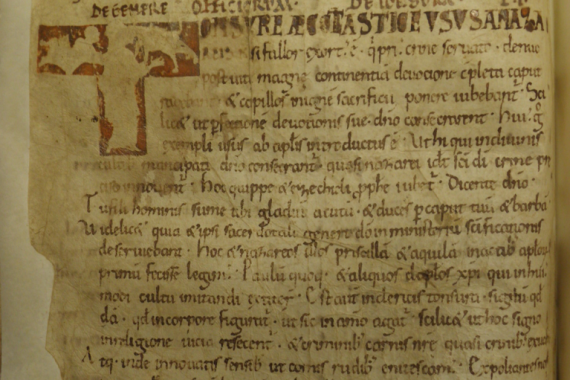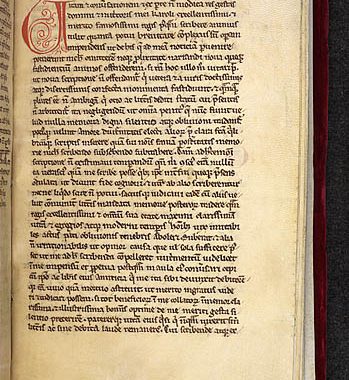Pocket Change: the Transformation of Money in the Tenth Century
At the heart of After Empire is a view of the tenth century as an era of change. New dynasties, sometimes even new kingdoms, had to reshape the tools available to them – or craft fresh ones – in order to rule effectively. One of these tools was coined money. The Carolingians had laid a…

